Israel has escalated its military campaign against Hezbollah, announcing plans to target the financial arm of the Lebanon-based militant group and strike "a large number of targets" in Beirut and beyond.
Explosions were reported in the southern suburbs of Beirut shortly after the announcement, marking a significant intensification of hostilities.
Evacuation warnings were issued for southern Beirut, the eastern Bekaa Valley, and parts of southern Lebanon. While strikes occurred near Lebanon's only airport, it remained operational.
The Israeli military has confirmed that its strikes will focus on al-Qard al-Hassan, a Hezbollah-controlled organization that funds operatives and arms purchases. A senior Israeli intelligence official, speaking anonymously, highlighted this as a major component of their efforts to weaken Hezbollah's operations.

Al-Qard al-Hassan, a registered nonprofit sanctioned by the U.S. and Saudi Arabia, provides financial services for Hezbollah and ordinary Lebanese citizens. The group has been instrumental in helping Hezbollah solidify support among Lebanon's Shiite population amid the country's economic collapse.
David Asher, an expert on illicit financing, emphasized the significance of the strikes, noting, "AQAH is a cash-based organization. The cash will be trash" if the attacks are successful. Al-Qard al-Hassan, in response, reassured customers that measures had been taken to safeguard their funds.
The escalating conflict has caused widespread confusion and panic. One evacuation notice for Choueifat, south of Beirut, mistakenly identified a target as Grand Cinema ABC Verdun, a theater in central Beirut over six miles away.
Israel's military has acknowledged the growing war with Hezbollah, which intensified after the Gaza conflict spilled into Lebanon last month.

The Israeli military has increased airstrikes on southern Beirut, targeting areas with Hezbollah strongholds, but which also house civilians.
In southern Lebanon, the Lebanese army reported that three of its soldiers were killed in an Israeli strike, and recent reports by The Associated Press state Israel has issued an apology for this action.
The Lebanese military, while respected, has remained mostly on the sidelines due to its limited power compared to Hezbollah.
On Sunday, Hezbollah launched over 170 rockets into Israel, injuring three people in Safed.

Amid the growing tensions, UNIFIL, the U.N.'s peacekeeping mission, accused Israeli forces of demolishing its observation tower and fence in southern Lebanon. Despite pressure, UNIFIL has refused to withdraw from its positions.
On Oct. 7 last year Hamas led the deadliest Palestinian militant attack in Israel's history, killing some 1,200 people and taking roughly 250 hostages. Nearly 100 people remain in captivity, less than 70 of whom are believed to be alive. Israel subsequently launched its military operation in Gaza, killing some 42,000 Palestinians so far, according to Gaza's health ministry. Local health officials don't differentiate between civilians and fighters but say many of those killed were women and children.
Hezbollah started firing rockets and drones against Israel in solidarity with Hamas shortly after the Oct. 7, 2023, attack. Israel subsequently began striking Lebanon with over 2,400 people killed in the country so far since Israel launched its ground operation on Oct 1. this year.
As the conflict intensifies, the U.S. is investigating reports that Israel is preparing for a military response to Iran's missile strike in early October.
Meanwhile, Lebanon braces for more strikes as Israel expands its military operations across the region.
This article includes reporting from The Associated Press



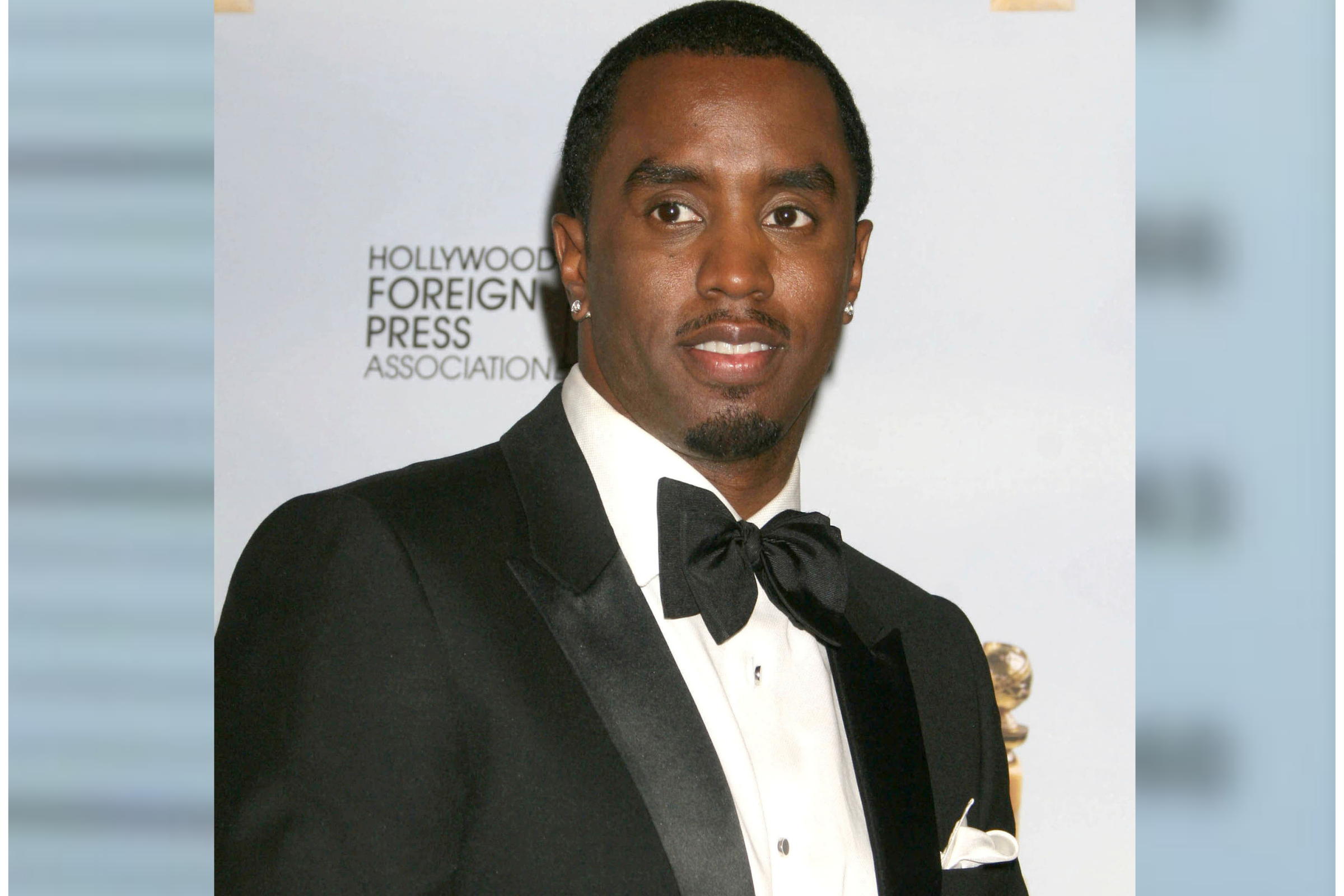

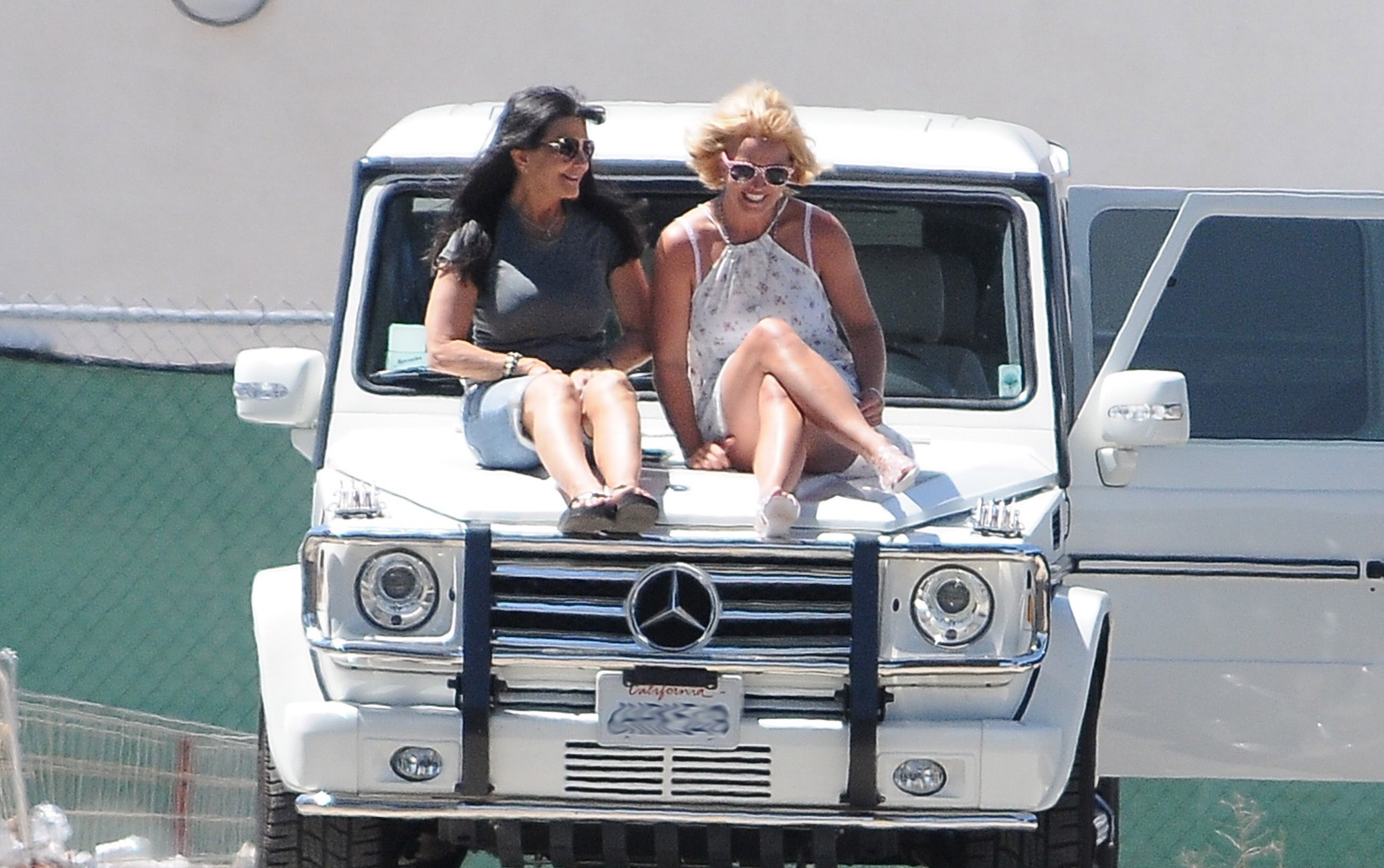
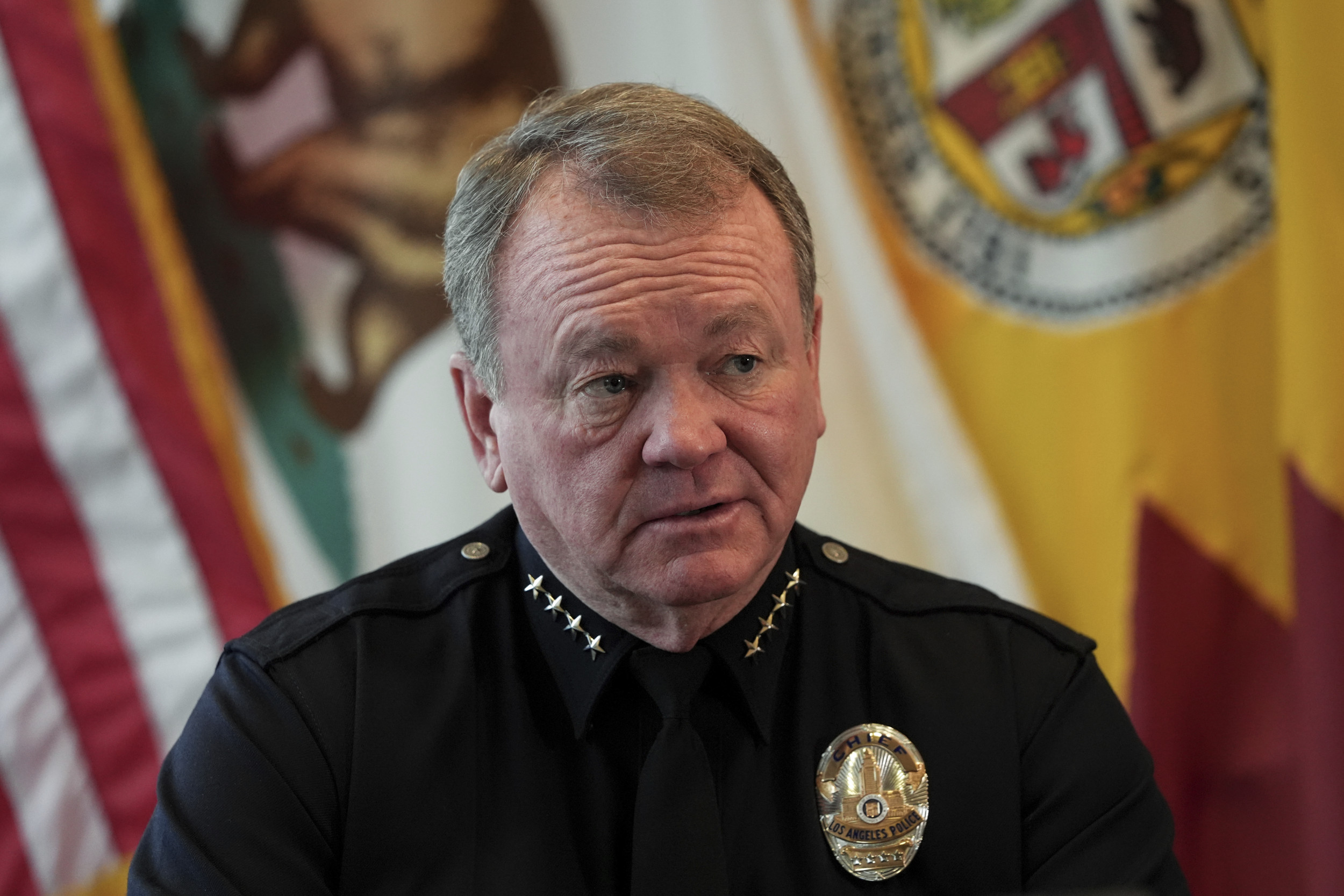
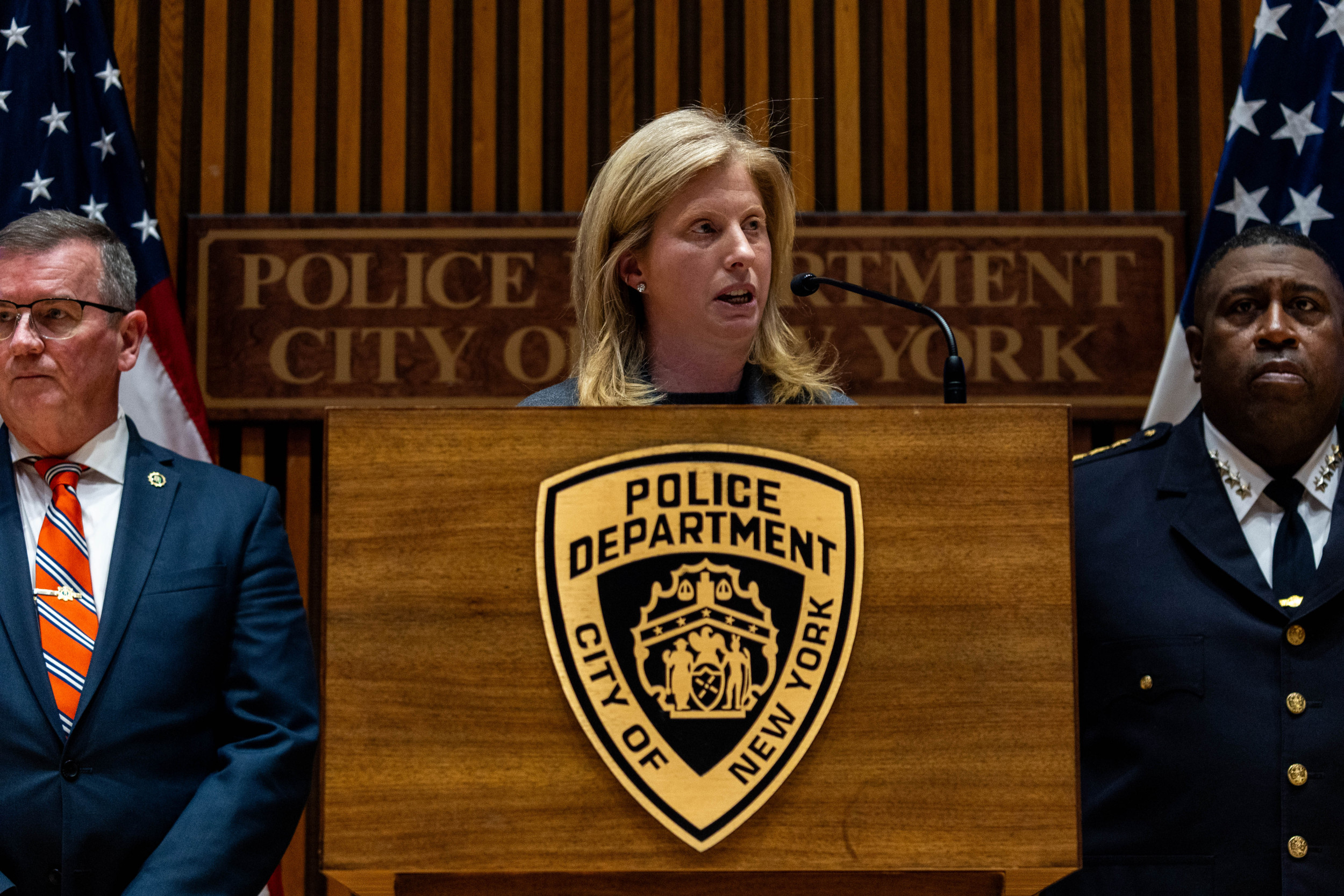

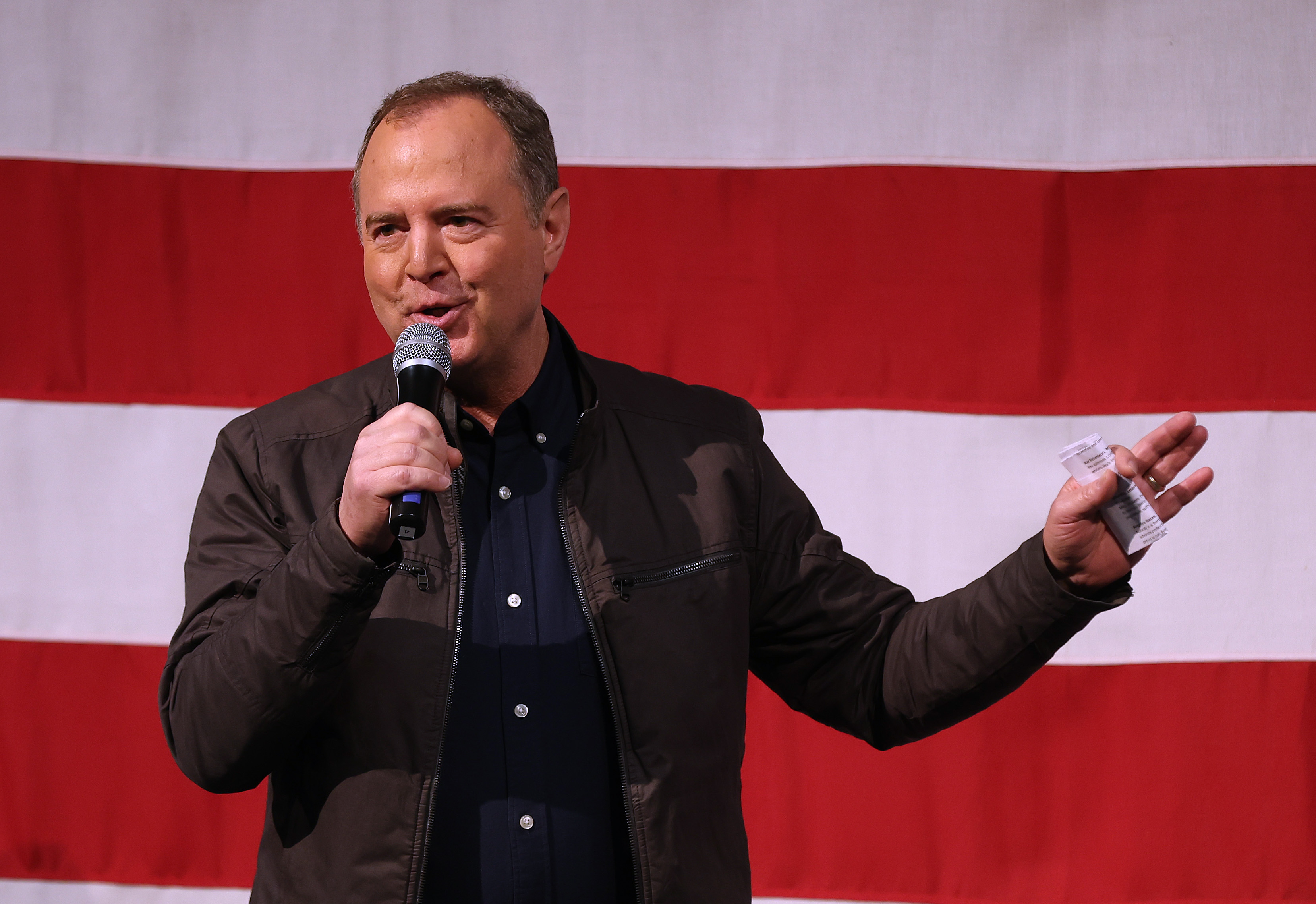
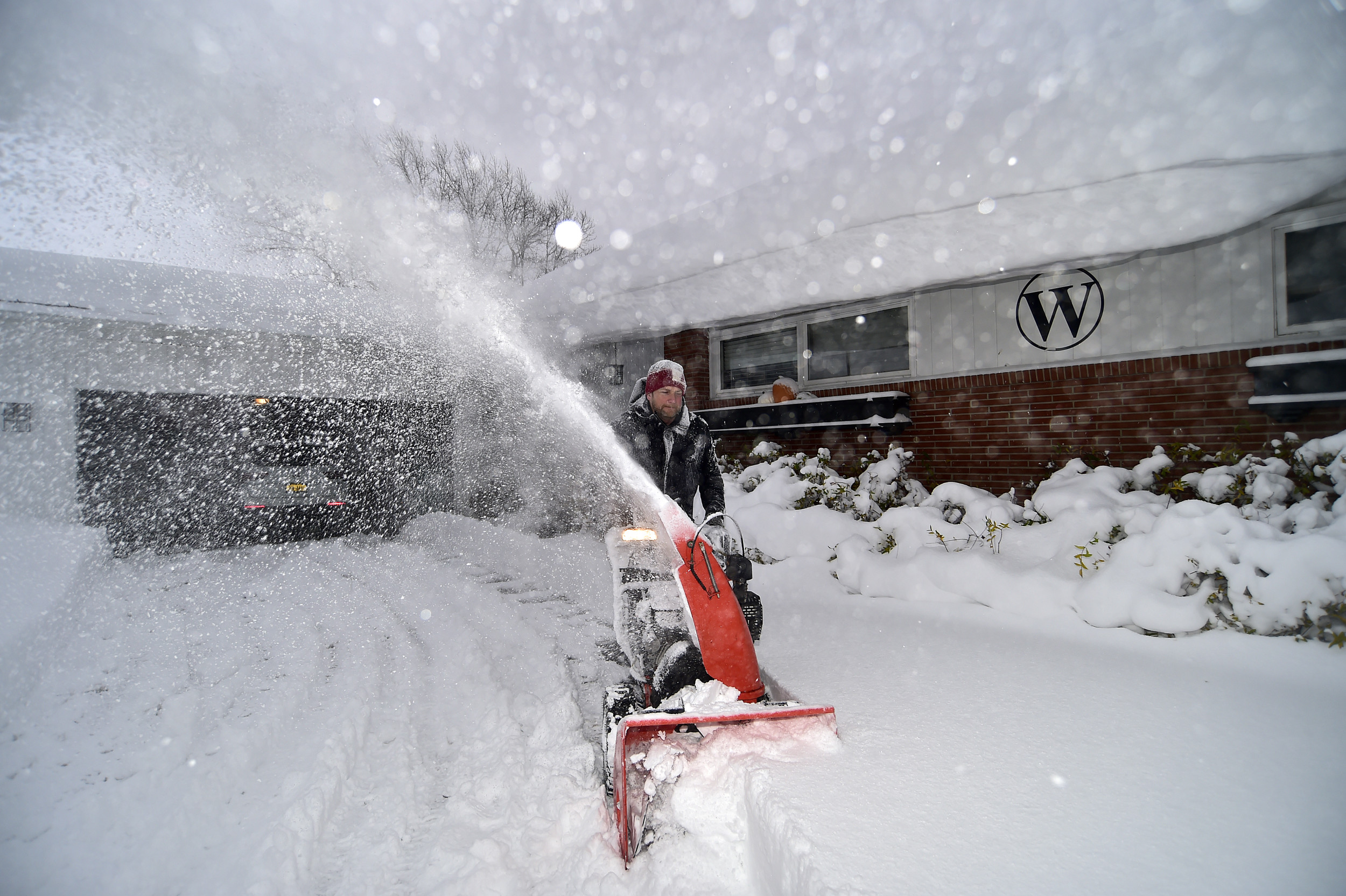








![Katie Holmes Arrives at Ethel Barrymore Theatre in NYC [11-26-2024]](https://celebmafia.com/wp-content/uploads/2024/11/katie-holmes-arrives-at-ethel-barrymore-theatre-in-nyc-11-26-2024-6_thumbnail.jpg)
 English (US) ·
English (US) ·